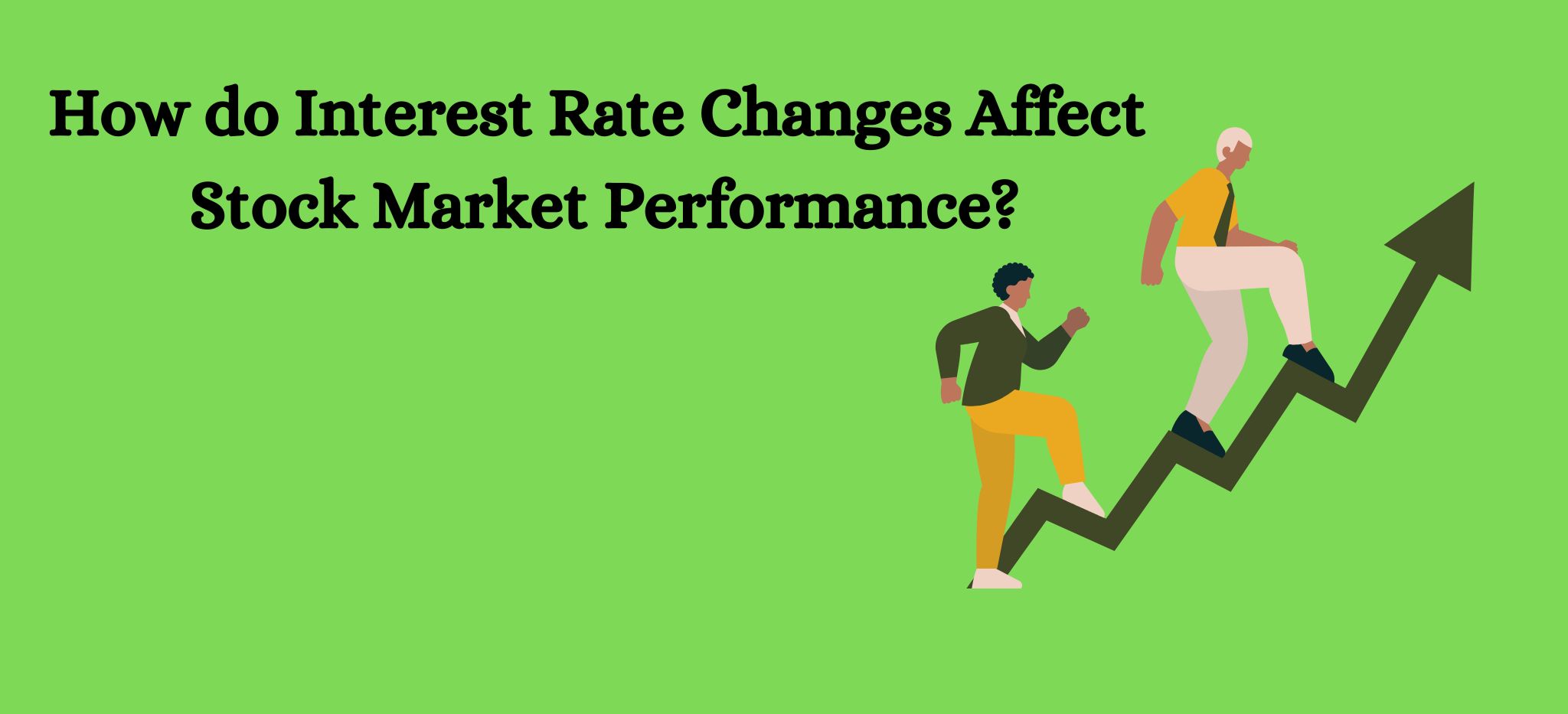Interest rate changes and stock market performance are closely interrelated. As a stock market player, you must understand this relation to make informed investment decisions. Let’s look at it in this blog.
What are Interest Rates?
Interest rates are the returns you earn while lending money. They are a percentage the borrower pays for a loan or an individual earns on fixed deposits or investments. In India, banks like the Reserve Bank of India (RBI) and central banks set benchmark interest rates, affecting borrowing costs across the country’s economy.
RBI relies on the repo rate as its main interest rate. It is the rate at which it lends money to commercial banks. A change in the repo rate impacts other interest rates like car loans, home loans, etc. When the RBI increases interest rates , borrowing becomes expensive. On the other hand, when it reduces the rate, borrowing becomes cheaper.
Central banks depend on interest rates to manage inflation and foster economic growth. They might increase interest rates to decelerate the economy and lower spending when inflation rises. If the economy is performing poorly, they cut down the interest rate to encourage people to borrow, spend, and invest more.
How do Higher and Lower Interest Rates Affect Stocks?
Now, let’s understand the impact of interest rates on stocks. First, we will begin with higher interest rates.
- Increased Cost of Borrowing: High interest rates increase borrowing costs for companies. So, companies will have to pay a higher interest on loans, reducing their profits and affecting their financial performance. Loan-driven industries like real estate, utilities, manufacturing, etc., get affected during situations like these.
- Reduced Consumer Spending: When interest rates rise, consumers have to pay higher prices. Thus, they spend less and that affects businesses like retail, electronics, FMCG, and more.
- Focus on Fixed-Income Investments: An increase in the interest rates makes fixed-income investment options like bonds more attractive as these offer higher returns. In situations like these, investors move their money to fixed-income options, affecting stock prices particularly those of high-risk and low-divided companies.
Higher interest rates have negative as well as positive effects. For example, they lead to lower stock valuations, increased borrowing costs for companies, and reduced consumer spending. However, banks, etc., benefit from them as they earn more interest on the money they’ve lent.
Let’s now understand the impact of low interest rates on the stock market.
- Increased Cost of Borrowing:In a low-interest rate environment, companies can borrow more at lower costs. They can use this money to expand their business, invest in new projects, etc. All these moves can result in higher earnings and increased stock prices.
- Increased Consumer Spending: A lower interest rate refers to paying less on loans and mortgages. Thus, consumers are left with a higher spending capacity. It means consumers can spend more. Such an environment helps boost sales across real estate, retail, electronics, etc.
- Focus on Dividend Stocks: Some stocks with dividend yields become more attractive than bonds during low interest rates.
- Increased Risk-Taking: Low interest rates encourage investors to invest in riskier assets like stocks as the returns on safer options like bonds reduce.
How do Higher and Lower Interest Rates Affect Stocks?
Sudden changes in interest rates can result in big market movements, as investors change their strategies to safeguard their investments. Some strategies you can master through stock trading classes include the following.
- Diversification: Invest your money in different sectors, asset classes, etc. to reduce the effect of interest rates on your investments.
- Fixed-Income Allocation: You can also adjust your allocation to bonds and fixed deposits, depending on the interest rate environment. So, when rates rise, invest in short-term bonds or floating-rate instruments.
- Hedging Strategies: If you are an investor with high exposure to interest rate risk, you may use interest rate derivatives. These are investment options that drive their value from the shifts in interest rates.
- Sector Rotation: Keep rotating your investment across various sectors that may benefit or suffer from interest rate changes. For example, when interest rates rise, you can consider investing in bank stocks. But when the interest rates are lower, you can invest in retail or real estate.
Read More – How Trading in Stock Can Boost Your Investment Skills?
Now, you must be wondering, which strategy is right for you. It depends on the situation. Hence, no strategy is right or wrong. Besides, you should be able to analyze what’s best for you. Doing so is possible after completing comprehensive stock market trading courses.
However, generally speaking, diversification and sector rotation are better strategies. It is because diversification helps reduce interest rate change risk and sector rotation lets you keep investing and disinvesting depending on the interest rate changes. Such a responsive strategy helps keep your investments secure.
Want to know more or need more assistance investing in the stock market? Enroll in our stock market classes and avail of our range of services. Wealth Note serves you as your investment guide, helping you manage your portfolio, and investments and make informed decisions.
Our experts also provide vital recommendations concerning mutual funds, insurance, bonds, debentures, etc., to help you drive more profits from your investments. Call us at +91 9226903617 to learn more.






